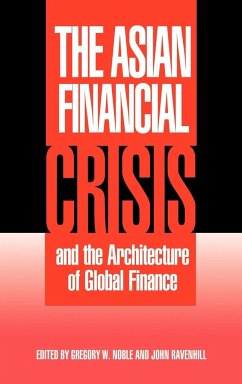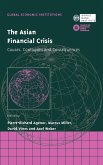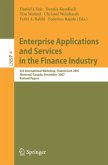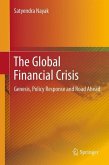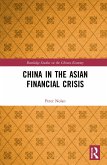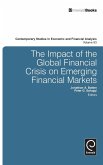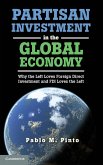The financial crises across Asia in 1997-98 ignited fierce debate about domestic economic weaknesses and flaws in the international financial system. Some analysts blamed Asian governments for inadequate prudential supervision, widespread failures of corporate governance and even 'crony capitalism'. Others assailed the inherent instability of global financial markets and what they considered to be hasty and ill-conceived liberalization taken at the behest of Western-dominated international financial institutions. In this volume a distinguished group of political scientists, economists and practitioners examines the political and economic causes and consequences of the crisis. They ask: To what extent were domestic economic factors to blame for the crises? Why were some economies more prone to crisis than others? What are the costs and benefits of international financial liberalization?
Table of contents:
1 Causes and consequences of the Asian financial crisis; Gregory W. Noble and John Ravenhill; 2 Capital flows and crises; Stephen Grenville; 3 The political economy of the Asian financial crisis: Korea and Thailand compared; Stephan Haggard and Andrew MacIntyre; 4 The good, the bad, and the ugly? Korea, Taiwan and the Asian financial crisis; Gregory W. Noble and John Ravenhill; 5 Indonesia: reforming the institutions of financial governance?; Natasha Hamilton-Hart; 6 Political impediments to far-reaching banking reforms in Japan: implications for Asia; Jennifer A. Amyx; 7 Dangers and opportunities: the implications of the Asian financial crisis for China; Hongying Wang; 8 The International Monetary Fund in the wake of the Asian crisis; Barry Eichengreen; 9 Taming the phoenix?; Monetary governance after the crisis; Benjamin J. Cohen; 10 The vagaries of debt: Indonesia and Korea; Thomas M. Callaghy; 11 The new international financial architecture and its limits; Miles Kahler.
The financial crises across Asia in 1997-98 ignited fierce debate about domestic economic weaknesses and flaws in the international financial system. In this volume a distinguished group of political scientists, economists and practitioners examines the political and economic causes and consequences of the crisis.
An examination of the political and economic causes and consequences of the Asian financial crises.
Hinweis: Dieser Artikel kann nur an eine deutsche Lieferadresse ausgeliefert werden.
Table of contents:
1 Causes and consequences of the Asian financial crisis; Gregory W. Noble and John Ravenhill; 2 Capital flows and crises; Stephen Grenville; 3 The political economy of the Asian financial crisis: Korea and Thailand compared; Stephan Haggard and Andrew MacIntyre; 4 The good, the bad, and the ugly? Korea, Taiwan and the Asian financial crisis; Gregory W. Noble and John Ravenhill; 5 Indonesia: reforming the institutions of financial governance?; Natasha Hamilton-Hart; 6 Political impediments to far-reaching banking reforms in Japan: implications for Asia; Jennifer A. Amyx; 7 Dangers and opportunities: the implications of the Asian financial crisis for China; Hongying Wang; 8 The International Monetary Fund in the wake of the Asian crisis; Barry Eichengreen; 9 Taming the phoenix?; Monetary governance after the crisis; Benjamin J. Cohen; 10 The vagaries of debt: Indonesia and Korea; Thomas M. Callaghy; 11 The new international financial architecture and its limits; Miles Kahler.
The financial crises across Asia in 1997-98 ignited fierce debate about domestic economic weaknesses and flaws in the international financial system. In this volume a distinguished group of political scientists, economists and practitioners examines the political and economic causes and consequences of the crisis.
An examination of the political and economic causes and consequences of the Asian financial crises.
Hinweis: Dieser Artikel kann nur an eine deutsche Lieferadresse ausgeliefert werden.

